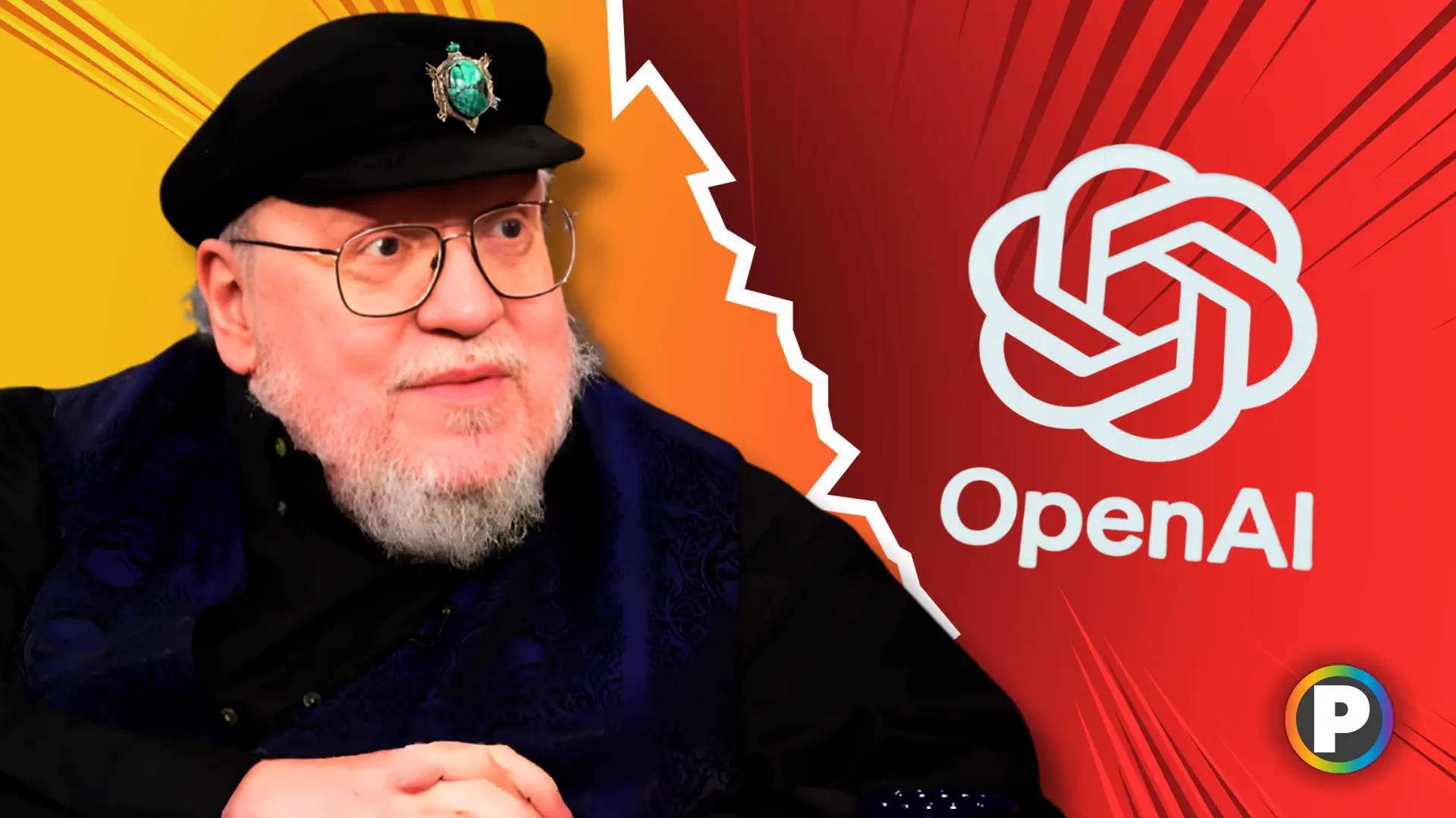Judge denies OpenAI’s motion to dismiss lawsuit filed by George R.R. Martin and other authors over AI content
-
 Custom cover edited by Prime Timer, Original Image © The Late Show with Stephen Colbert
Custom cover edited by Prime Timer, Original Image © The Late Show with Stephen ColbertA new subject of discussion has emerged as a group of authors has now been given a green light to move ahead with their lawsuit against OpenAI’s ChatGPT. According to the authors, they believe that OpenAI is using their original content from the books to train its automated bots and language models, thereby infringing on their original words and providing information to its users.
Well, it all began when George R.R. Martin filed a lawsuit against OpenAI and was joined by other authors, including John Grisham, Elin Hilderbrand, Jonathan Franzen, Jodi Picoult, Ta-Nehisi Coates, Michael Chabon, Junot Díaz, Sarah Silverman, and the Authors Guild. They claim that AI is now using their books and their original texts without their permission, which infringes their copyrights.
According to Reuters, on October 28, 2025, a New York federal judge, Sidney Stein, refused to dismiss the authors’ case against OpenAI, saying ‘’there’s enough evidence’’ that ChatGPT might be creating text too similar to their books, which could break copyright law.
This refusal to dismiss their claims was one of the small yet a big win for them, but what lies ahead in the lawsuit remains uncertain, as the key question still to be decided is whether OpenAI’s use of the authors’ work qualifies as “fair use,’’ (a rule that permits limited copying if the new work is transformative or adds new meaning).
Noting about the fair use, the judge wrote,
“Nothing in this opinion is intended to suggest a view on whether the allegedly infringing outputs are protected as fair uses of the original works.”
George R.R. Martin’s Game of Thrones content was found to be similar to OpenAI
The federal judge ruled out his judgment when he made a fair comparison between George R.R. Martin’s A Game of Thrones and the plot summaries that OpenAI created based on the same book. A Game of Thrones is a fantasy novel published in 1996. It is the first book in George R. R. Martin’s famous series A Song of Ice and Fire, which later inspired the hit HBO television series Game of Thrones.
After reviewing the content the judge wrote (via Publishers Weekly),
“A discerning observer could easily conclude that this detailed summary is substantially similar to Martin’s original work because the summary conveys the overall tone and feel of the original work by parroting the plot, characters, and themes of the original.”
The judge added,
“A more discerning observer could properly conclude that outlines for potential sequels to plaintiffs’ works that were generated in response to prompts to ChatGPT are substantially similar to plaintiffs’ original works.”
This ruling was in favour of the authors, but the subject of ‘’fair use,’’ remains to be discussed. OpenAI’s text, which was found similar to Martin’s novel, led the judge to deny OpenAI’s motion to dismiss the lawsuit and ruled that a jury should decide whether ChatGPT’s responses infringe copyrights.
Earlier this year, authors also won a case against another AI company, Anthropic, for using books from pirated websites to train its model. However, in another part of that case, a judge had also stated that training AI on books could be “very transformative,” meaning it might still be considered fair use under certain conditions.
TOPICS: George R.R. Martin
- A Game of Thrones Alum and Newbie Break Down House of the Dragon Season 1
- Is HBO's House of the Dragon a Worthy Successor to Game of Thrones?
- House of the Dragon Review: A Blonder (But Just as Brutal) Return to Westeros
- House of the Dragon Will Be Influenced by Game of Thrones, But Not 'Fan Servicey'